What are Adverse Childhood Experiences?
ACEs are 10 common childhood traumas divided into three categories: abuse, neglect, and household dysfunction. These traumas can affect the brains and bodies of growing children and impact health as adults.
ABUSE

Physical
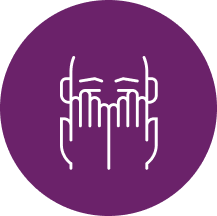
Emotional
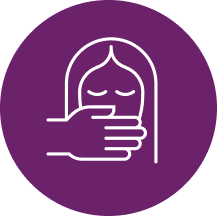
Sexual
Neglect

Physical
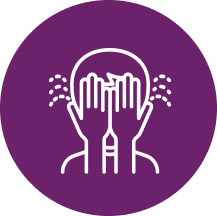
Emotional
HOUSEHOLD
DYSFUNCTION
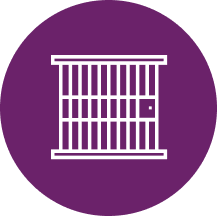
INCARCERATED RELATIVE
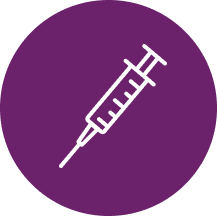
Substance Abuse

MENTAL ILLNESS

VIOLENT PARENT
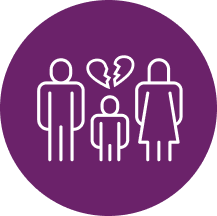
DIVORCE
ACEs and Stress
ACEs expose children to toxic stress, described by The Center on the Developing Child, Harvard University
A normal and essential part of healthy development. Stress may be intense but quickly resolves. A child’s first day of school may trigger positive stress.
A more severe, longer-lasting stress that causes difficulties and activates the body’s alert system. The loss of a loved one or a natural disaster can trigger tolerable stress. If the stress is time-limited and buffered by positive relationships, the brain and body can recover.
Intense, frequent, or long-lasting stress/adversity without emotional support. Toxic stress can be caused by physical or emotional abuse, neglect, parental substance abuse, and other ACEs. Toxic stress can disrupt brain and body development and increase the risk for stress-related diseases in adulthood.
This changes the brains and bodies of growing children and impacts their health as adults.
The impact: brain, body, & behavior
Many chronic diseases and mental health issues are correlated to high ACE scores. Early exposure to trauma and toxic stress changes the brains and bodies of growing children. When the brain adapts to survive, there can be lasting impacts on their physical and mental health as adults.
Childhood trauma can make life challenging

Life Expectancy
If left untreated, children with a high ACE Score face a 20-year decrease in life expectancy.
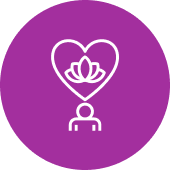
Physical &
Behavioral
Health
Children who experience four or more ACEs are 7.4x as likely to suffer from alcoholism and 12.2x as likely to attempt suicide.

Education
Children who experience two or more ACEs are nearly 3x more likely to repeat a grade.

Criminal
Justice
Juvenile offenders are 4x more likely to have experienced four or more ACEs.

Dr. Nadine Burke Harris
Former California Sugeon General
“Safe, stable, and nurturing relationships can protect children’s brains and bodies from the harmful effects of stress.”
Resilience can help overcome trauma
See how relationships, strategies, and support can be used to counteract the negative effects of ACEs.



